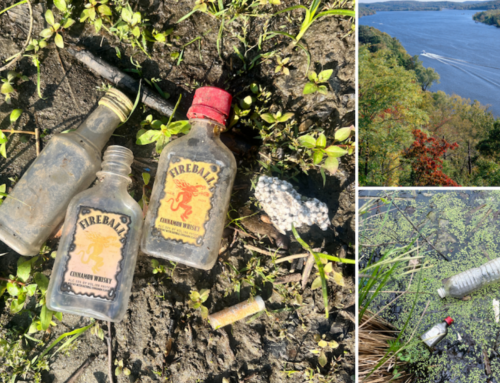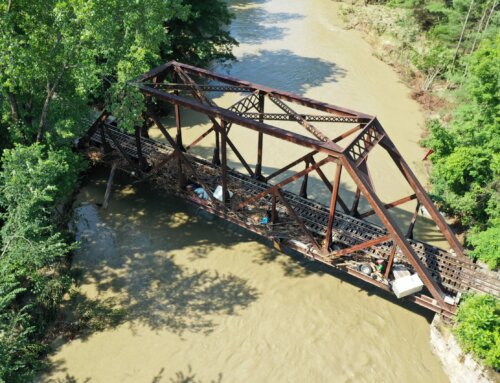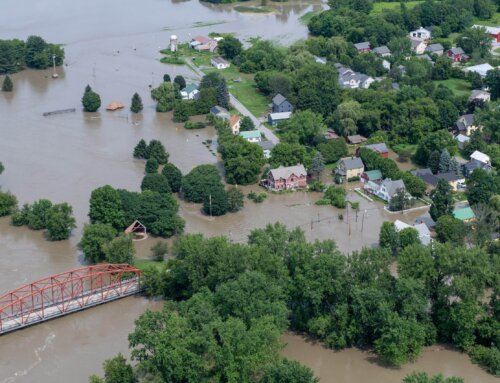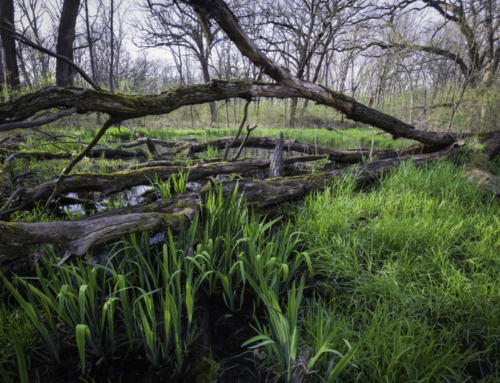September 12, 2017
Karen Crocker
MassDEP Deputy General Counsel II
One Winter Street, 3rd Floor
Boston, MA 02108
Karen.Crocker@State.MA.US
Re: Comments on Petition to Impose Conservation Conditions on all Water Management Act Registrants
Dear Ms. Crocker,
The Connecticut River Watershed Council, Inc. (CRWC), now doing business as the Connecticut River Conservancy (CRC), is a nonprofit citizen group established in 1952 to advocate for the protection, restoration, and sustainable use of the Connecticut River and its four-state watershed. We are an organizational member of the Massachusetts Rivers Alliance.
The Connecticut River and its tributaries (comprising the Deerfield, Millers, Chicopee, Westfield, and Farmington basins as well as the mainstem Connecticut River basin as managed by MassDEP) take up approximately one-third of the land area of Massachusetts. Rivers in our greater watershed are used as drinking water reservoirs for the two largest municipal systems in the state, MWRA and Springfield Water and Sewer Commission. Our rivers are also heavily manipulated for hydropower use and flood control, are used as cooling water for a dwindling number of power plants, receive discharge from wastewater treatment plants, supply water for large and small irrigation, drinking water for other municipal systems, and there are many areas that rely on private wells for drinking water. The need to balance societal needs and uses of water vs. maintaining as natural a water cycle as possible is a key component of our work as a watershed organization. We believe when there are regulations in place that ensures this balance, our quality of life, the environment, and our economy are enhanced.
CRC strongly supports the petition filed by the Massachusetts Rivers Alliance to promulgate revised and amended regulations that impose conservation conditions on all registrants to satisfy the purposes of the Massachusetts Water Management Act.
The six basins that make up the greater CT River watershed have 21 municipal registration-only withdrawals that add up to 248 million gallons per day (MGD) – excluding the MWRA system leaves 61.68 MGD in registered-only municipal withdrawals. Almost all are in coldwater fisheries. Several are in the most severely impacted biological and groundwater withdrawal categories in the SWMI interactive map, shown in the color red. These include the Holyoke Water Works (both in the CT River and Westfield basins), Sunderland Water District, Greenfield Water Department, and Westfield Water Department. We don’t have a full list, but there are other registered-only withdrawals in these five basins, including industrial, agricultural, and golf course uses.
The way the regulations and registration process are now, the streams in sub-basins severely impacted by the registered-only withdrawals are doomed to be impaired for the foreseeable future. We believe the state is legally obligated to rehabilitate these streams under the Clean Water Act. Establishing the same conservation standards as permitted withdrawals would be a relatively easy start to accomplishing this.
It simply makes more sense to have an equitable set of requirements and standards for all withdrawals that fall under the Water Management Act, and we stress that it should be for all withdrawals, not just municipal withdrawals. Not only is it fair, it will make all users better positioned when there are resource challenges such as during last year’s drought, and it will improve the rivers of the Commonwealth. Massachusetts has a good record of water and energy conservation. Establishing conservation standards on Water Management Act registrations is really the right thing to do.
CRC appreciates the opportunity to provide comments on the Water Management Act. I can be reached at adonlon@ctriver.org or (413) 772-2020 x.205.
Sincerely,
Andrea F. Donlon
River Steward







